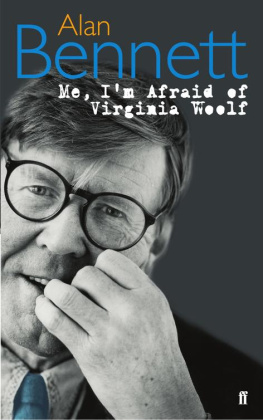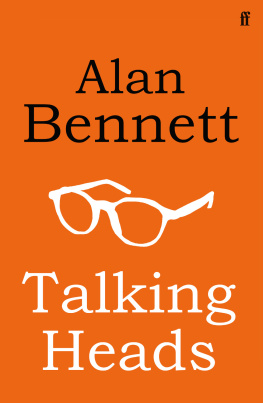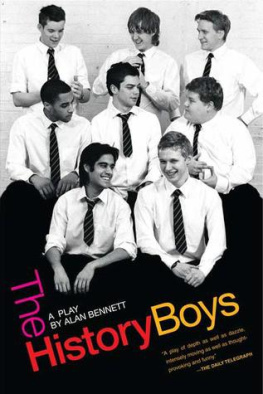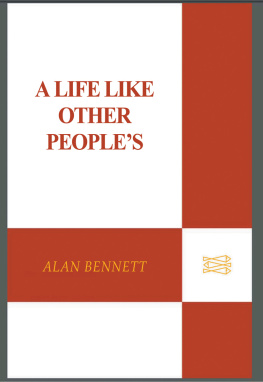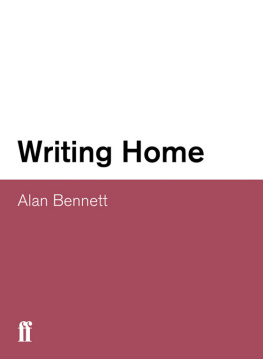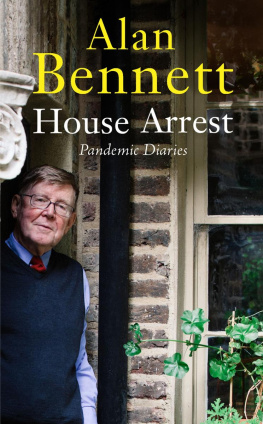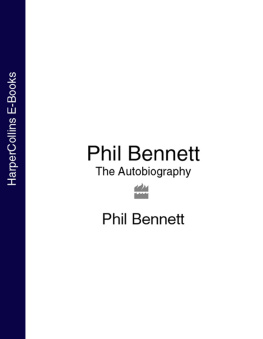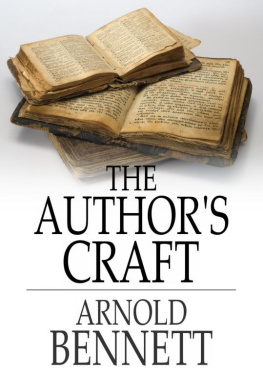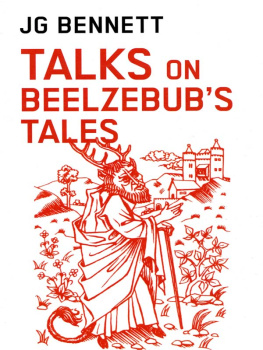Revisiting these plays twenty to thirty years after they were written ought, I would have thought, to provide insights into the time when I was putting them together and into the person I was at that time.
Im not sure that they do. To younger readers they may seem old-fashioned and even antique, but they always were even at the time of writing. Writing and recollection are inextricable and I never felt that I was chronicling my own times, simply because so much of the dialogue came out of my remembrance of childhood.
The places were from childhood, too Leeds and its back streets, where I was brought up, Morecambe where we used to go on holiday, locations that were even then disappearing as we filmed. In Leeds particularly was this the case, on two occasions demolition crews working in the next street to where we were shooting. This at least was contemporary, the wrecking of Englands provincial cities and the break-up of their social structure the background to many of these plays.
In 1971 I had written two plays, Forty Years On and Getting On, but had no notion of how to write a TV play, still less a TV film, the actual word film still trailing enough glamour to make me feel slightly intimidated. I began to jot down scraps of northern dialogue with no notion of the characters into whose mouths they might go and with no notion of a plot, either, though I knew I wanted it to have a pre-First World War setting.
These jottings eventually turned into A Day Out (1971), a road movie of sorts, only the road was a succession of back lanes and even cart tracks that takes an Edwardian cycling club from Halifax to Fountains Abbey. Pathetically literal-minded, I remember worrying that this was a little far for a group to cycle on the machines of the time and whether the BBC Script Department would on that score alone find it implausible. They did find it implausible, though not because the cyclists had too far to go but because, in the script editors view, the play didnt go far enough; didnt go anywhere, in fact. It was at this point a rather military-looking producer at White City got hold of it, and dismissed these objections by saying, Well, it goes to Fountains Abbey and back which is quite far enough for me, and briskly put it into production.
This was Innes Lloyd, whom Ive written about elsewhere (Writing Home, 1994, pp. 000000), and who produced everything I wrote for the BBC over the next twenty years. Without him many of my plays would not have got to the screen and our collaboration, always happy and fruitful, was the best and the longest working relationship Ive had in my life. My other collaborator, who directed all the plays in this volume apart from The Old Crowd, was Stephen Frears. To both of them I owe an immeasurable amount.
BBC Television in the early seventies was only distantly related to what it has since become, with the atmosphere then discernibly derived from what had prevailed on BBC Radio. From its inception radio had proved a haven for the odd and the eccentric, a ramshackle set-up that found room for the flotsam of the literary world, stalled writers, indolent poets, the seemingly unemployable and the downright drunk. To such as these the BBC was above all a patron, easy-going, generous and not too demanding. But that the forties and fifties should also have been the golden age of radio says something about the nature of patronage, with waste (or at any rate slack) an essential component.
Some of this easy-going but richly productive atmosphere carried over into television in its early days, with certain programmes outstanding in nurturing talent: Tonight, the early-evening magazine programme, and Monitor, the arts programme, were both umbrellas under which many young film-makers learned their trade. The atmosphere was notably relaxed and for me as for many of my contemporaries television began as a kind of playground or a school where you learned as you went along, making your mistakes on the blackboard with the nation the class. I served an apprenticeship in two of Ned Sherrins late-night shows, Not So Much a Programme and The Late Show, successors to That Was the Week That Was, writing and performing in sketches live every Saturday night.
In terms of quality of output, which was often outstanding, this unfrenzied approach was not a wasteful way of working. But it was unpredictable, and not easy to control or to quantify, so when in the seventies the BBC began getting in management consultants and embarked on a series of reorganisations, what had always been the traditional BBC approach both in radio and TV was an early casualty. If I regret the supposedly streamlined organisation that eventually emerged, this is not just nostalgia, but an almost ecological regret for the loss of a habitat the wetlands of the mind, perhaps, the draining of a friendly fen which had long sheltered several struggling or endangered species.
One such was a type of tough, often gruff middle-aged woman, single very often, though not always, who was the prop and stay of whatever department she was assigned to. She would know the BBC inside out and be versed in all its administrative short cuts. Unabashed by money, rank or celebrity, such women ruled the roost in their departments much as senior civil servants did in Whitehall. Its a well-known story, but it was one such who was manning the desk at TV Centre when the King of Norway arrived to visit the Director of Programmes. She called the office in question, then turned back to the distinguished visitor. Im sorry. Did you say the King of Norway or the King of Sweden?
Happily, such women (and they were always women) made the jump from radio to television, and were quick to master crossing the line and the mysteries of continuity knowing how many bites had been taken out of a sandwich at the cut, how far down the cigarette had been smoked and all the petty but essential expertise of film-making. Tireless, loyal and unsung, with names like Kay, Thelma and Joan, they lived for the Corporation and, versed in its logic and lore, took many a now famous director through his first shooting script and pointed them towards Hollywood.
Smokers all, and fond of a snifter in the BBC Club, there arent many of them left, their few successors catching their deaths in draughty doorways at the back of the building, still pulling on a guilty fag. Once, though, they were the backbone of the BBC, and I am happy to have seen them in their pride.
Another difference between productions then and now was that there was never a long-drawn-out process haggling about money, such as generally has to be gone through today. Its true that, being a model producer, Innes Lloyd shielded me from any such concerns, and it was also true that being a much-trusted figure in the BBC his approval carried weight and was often recommendation enough. At this time in the early seventies single plays were accepted as part of the BBCs remit; they were seldom commercial nor, in the days before co-productions with transatlantic companies, could they be expected to make their money back. But even the most modest plays were part of a tradition of BBC drama, inherited from the radio, which with two or three plays a week had built up a regular and informed audience. The play was still the thing.
That is, of course, no longer the case today. Single plays are made into events; theres no sense of them being part of a repertory or of any tradition at all. An audience that was sophisticated and educated to the drama has been prodigally abandoned. I just count myself lucky that in 1971 I managed to catch the wave.

